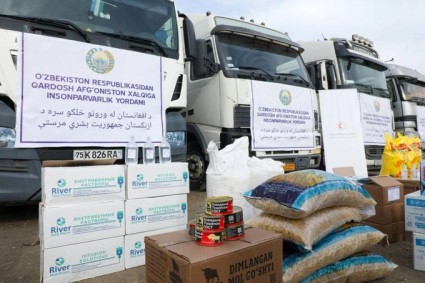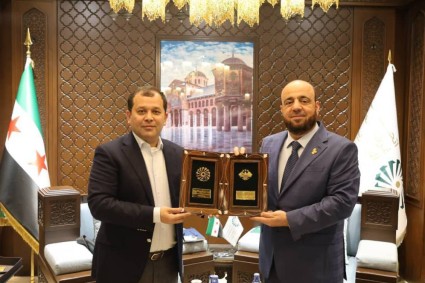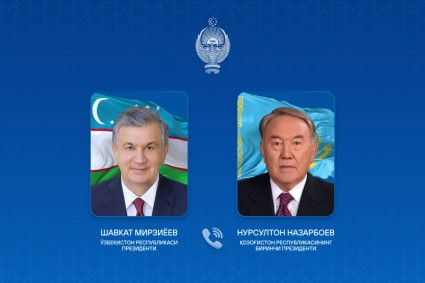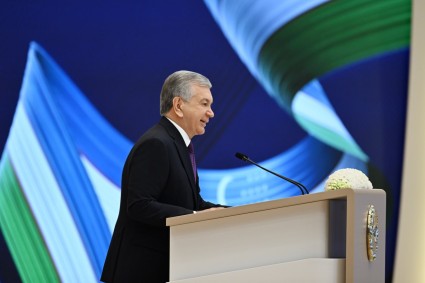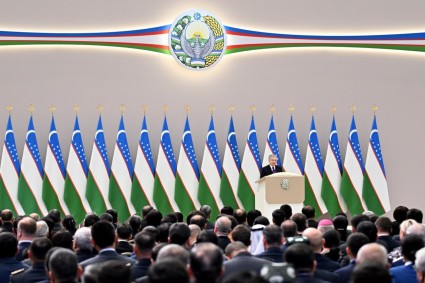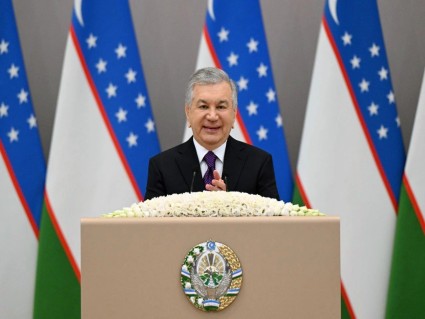Rehabilitation work to clean up Soviet-era uranium sites at seven facilities in Central Asia is slated to begin later this year with €85 million in financing from the European Union (EU).
The work to help combat radioactive waste problems in Kyrgyzstan, Tajikistan and Uzbekistan will begin in September.
The EU last year allocated €15 million for site work needed to begin the clean-up of uranium tailings in those countries. The preparation work has been completed in most areas, while the next step in the programme is environmental restoration, including the planting of greenery.
The clean-up projects are part of a wider plan to deal with the harmful legacy of Soviet-era uranium mining and processing in Central Asia.
Central Asia served as a key source of uranium in the former Soviet Union, which left behind a host of security and environmental issues. Tajikistan, for example, has expressed concern about the presence of enough left-over uranium at its tailing dumps to enable the manufacture of "dirty bombs".
Central Asia has about 1 billion tonnes of toxic uranium tailings, according to a 2017 EU estimate.
The Soviet Union mined and processed uranium in different regions of Centarl Asia and then left behind a multitude of tailing dumps with radioactive waste, said Baktygul Stakeyeva, a Bishkek environmental engineer affiliated with MoveGreen, a youth environmental movement, in an interview.
The Central Asia needs help from outside donors to eliminate the threats that arise from such tailings, she said.
"This help is important for us since the problem is severe," Stakeyeva said.
'Environmental terrorism'
The issue of uranium tailing dumps in Central Asia has special significance not only from an environmental perspective but also in terms of regional security, especially in light of the possibility of terrorism from the Middle East.
The threat of emergencies in the aftermath of environmental disasters was included on the list of priorities of Kyrgyzstan's National Security Concept, a planning document.
In 2011, Aituar Koshmambetov, an assistant environmental prosecutor in Almaty, Kazakhstan's financial hub, used the term "environmental terrorism" to signify the new threats.
"It's evident that the likelihood of terrorists' achieving their goals - destabilising the country, the region and the world, annihilating hundreds and thousands of people and polluting the environment - is very high," he said at the time.
"No individual state can guarantee its citizens complete safety from such phenomena, and therefore the role of international co-operation in this realm is significant," Koshmambetov said.






